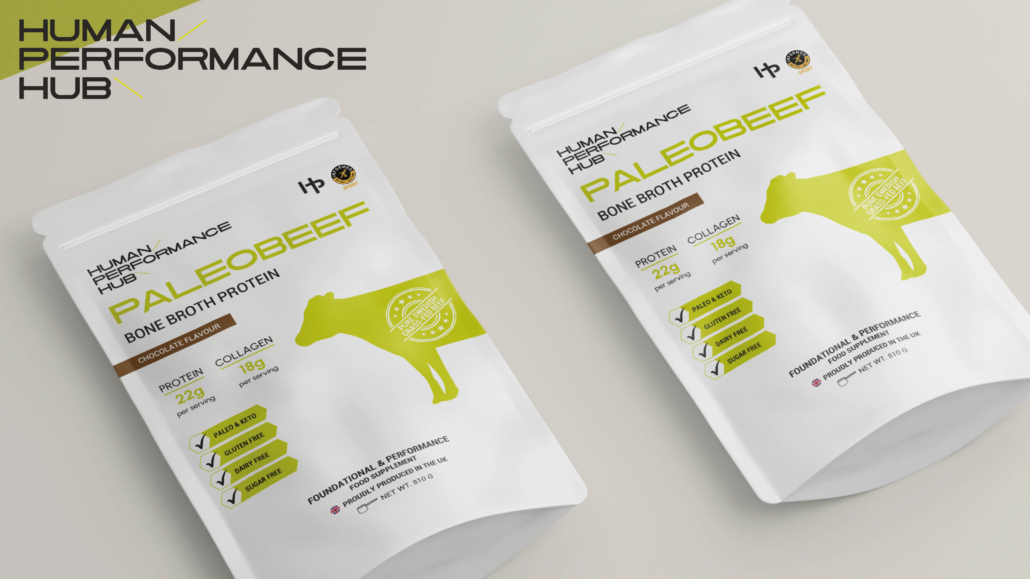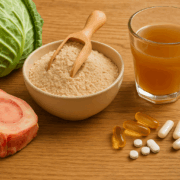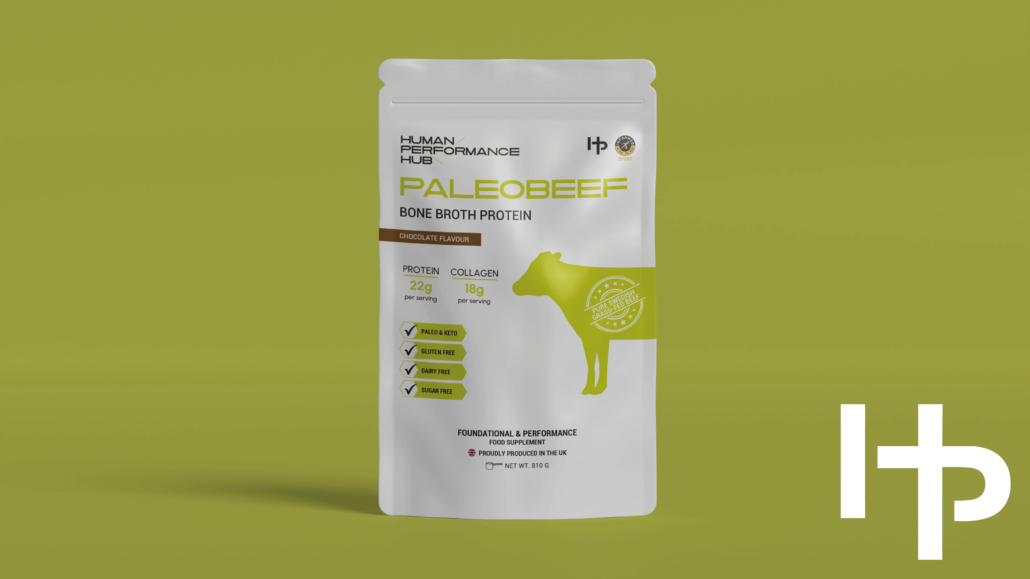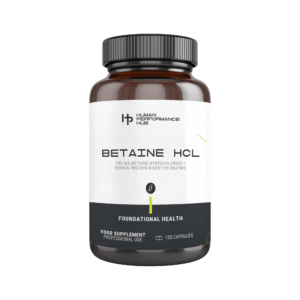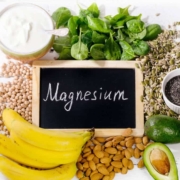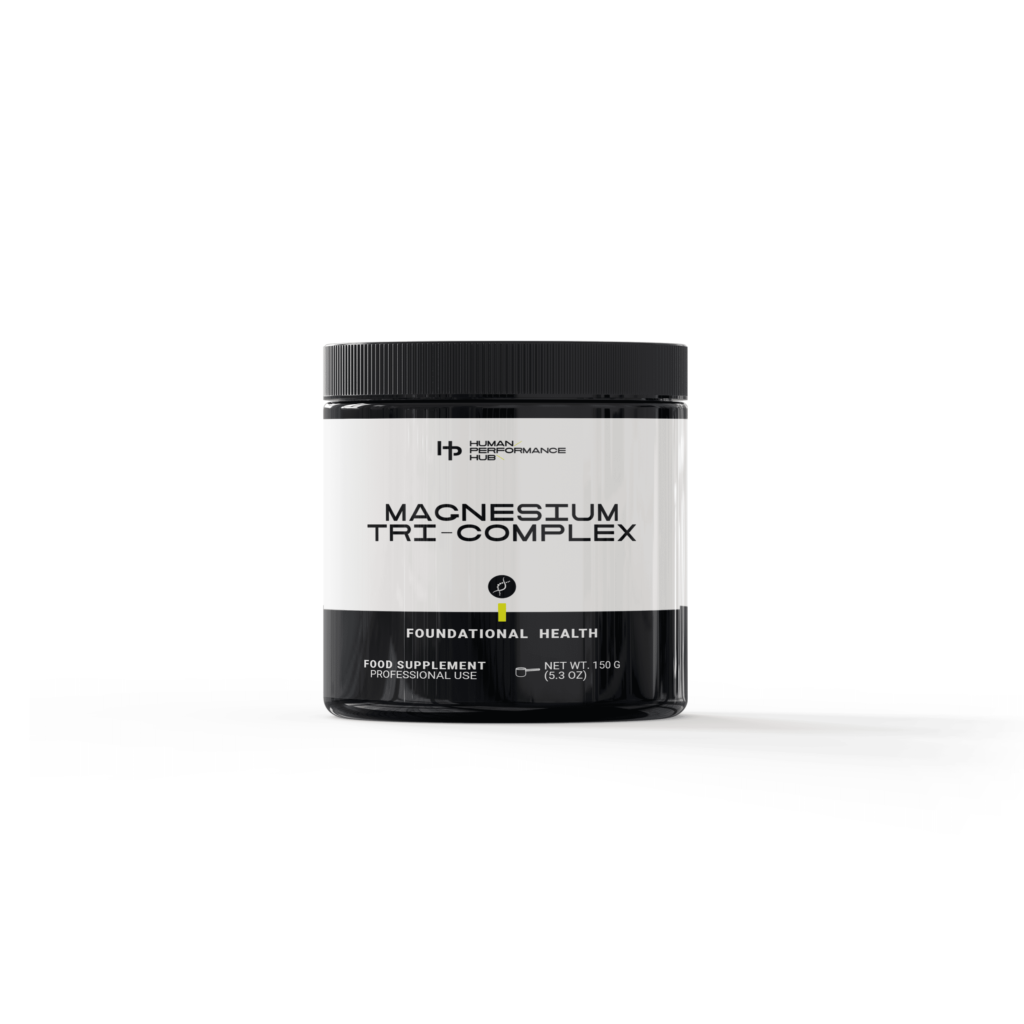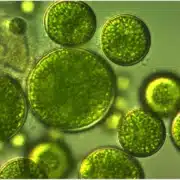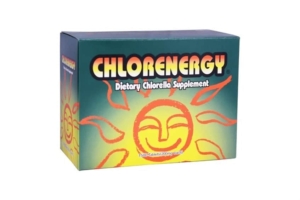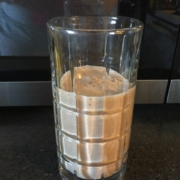Many people think of joint health as an elusive wellness trend that is hard to legitimately achieve. Many look for supplements like glucosamine or chondroitin, but if you’re looking for a natural, nutrient-rich alternative that also provides support for your gut health, immunity, and recovery – high protein bone broth powder might be the answer for you.
But why is beef bone broth good for joints?
Beef bone broth contains collagen, gelatin, and important amino acids like glycine and proline that support cartilage health. They also reduce inflammation and promote joint repair, making them beneficial for both preventing and managing joint issues.
Read on to find out more about how bone broth protein can support your joint health, why your joints need collagen, how bone broth affects inflammation, preventing injuries with nutrition, and the role of amino acids in joint health.
Article Contents
- How Beef Bone Broth Protein Can Support Your Joint Health
- Why Do Your Joints Need Collagen?
- How Does Bone Broth Reduce Inflammation?
- The Role of Amino Acids in Joint Health
- Preventing Injuries with Nutritional Support
How Beef Bone Broth Protein Can Support Your Joint Health
Beef bone broth is made by simmering bones and connective tissues, which releases a wide range of beneficial compounds such as collagen, gelatin, and important amino acids. Once this is dried out and concentrated into high protein bone broth powder, the nutrients and become the perfect daily tool for athletes, those that are active in their daily lives, or anyone who wants to improve their joint stiffness or general joint health.
Studies suggest that the collagen from bone broth can improve overall joint function and reduce pain. During a 24-week clinical study, athletes that took collagen reported significantly reduced activity-related joint pain when compared to a group of athletes that took a placebo.
That’s one of the reason why our founder, Roan Heming, advocates for bone broth powder as the main source of protein for athletes looking to improve their overall health – including joint health. He created our HPH PaleaBeef Bone Broth Protein Powder – a clean, nutrient-dense source of collagen that’s free from any additives or GMOs and made from cows that are fed a grass-fed diet that’s free of ensilage, grains, or hormones.
Why Do Your Joints Need Collagen?
Because collagen is the primary structural component in all of your joints, tendons, ligaments, and cartilage, supplementing with a collagen-rich bone broth protein can help to maintain the health and integrity of your joints and connective tissues. Collagen isn’t just about comfort, it’s about performance and longevity.
Over time, or with consistent intense physical activity, your body starts to produce less collagen, which can lead to your joints degrading, stiffness, pain, or slower recovery.
If you’d like to find out more about collagen’s benefits, read our guide on the difference between beef bone broth and whey protein.
How Does Bone Broth Reduce Inflammation?
One cause of consistent joint pain is chronic inflammation. Thanks to bone broth’s anti-inflammatory amino acids like glycine and proline, which can help to reduce inflammation throughout the body.
In fact, type II collagen, which is found naturally in bone broth, has been shown to reduce joint inflammation, joint pain, and stiffness in both osteoarthritis and active individuals. It also helped to improve joint flexibility and reduce discomfort within 90 days of starting supplementation.
This shows that bone broth powder is not just preventative, but restorative for joint issues.
The Role of Amino Acids in Joint Health
Amino acids are the building blocks of protein, which helps your body in a wide variety of ways. The key amino acids for joint health in high protein bone broth powder are:
- Glycine: Support collagen synthesis and reduces inflammation, as well as having immune-boosting properties and aiding sleep and recovery
- Proline: Essential for cartilage regeneration and skin elasticity, as well as maintaining joint structure and supporting tissue repair after stress or injury
- Hydroxyproline: A biomarker for collagen that enhances joint and tissue repair
Because these nutrients are hard to get in significant amount from a standard diet, and protein powders like whey or plant-based proteins don’t have naturally occurring collagen or hydroxyproline – bone broth is a superior option for your joint health.
For more information on bone broth powder’s effect on recovery, read our guide “Is bone broth protein good for recovery?”
Preventing Injuries with Nutritional Support
In the world of injury prevention, proper nutrition and diet is often overlooked. Supplementing with high protein bone broth powder can help you to maintain healthy, resilient joints that can reduce your risk of injuries from overuse.
If joint health is a priority, whether you’re feeling stiff or looking to stay injury free, bone broth is a natural, healthy, and effective supplement to your diet. It combines all of the benefits of collagen, gelatin, and amino acids in one powder – naturally providing what most other protein powder sources can’t.
Order our HPH PaleoBeef Bone Broth Protein Powder today and provide your joints with the nutritional support that they deserve.


